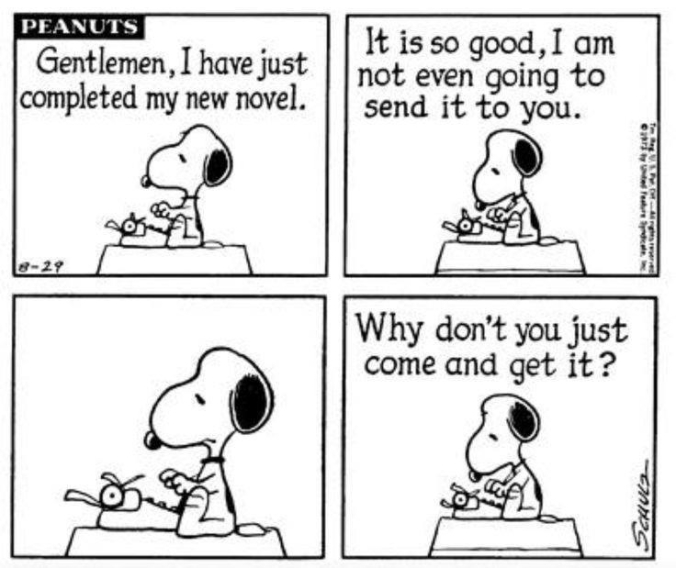
This morning I walked to the train station with a skip in my step. The sun was shining, my blow dry looked good, my toddler had recovered from her bout of chicken pox so was back at nursery, and I was back at work. All of these things made me happy.
But the real reason I was so bouncy on a cold Monday morning was that I had a new poem. Over the weekend, in between play dates, hoovering up broken crackers, sponging up potty training accidents, and binge watching old episodes of Vera on ITV player, I sat down and began to give shape to an idea – or rather a voice – that’s been slowly growing in my head for the last few weeks.
As part of my bigger interest in pregnancy and birth through the ages, I’m currently gathering together examples of writers, artists and pioneers whose work, creativity, bodies, or even lives were profoundly affected or cut short due to their pregnancy and/or birth. I’ve been wanting to write about Mary Wollstonecraft for a while now, but have struggled to find the right way to explore the circumstances of her death, as well as the relationship that this inevitably has with her feminism, her writing, and her desire to minimise the power of the body. This painful and ‘gendered death’, as Vivien Jones puts it, is all the more painful because ‘it seems to defy so cruelly some of the most fundamental tenets of Wollstonecraft’s own feminism.’* And that tension, between the physical realities of her death of postpartum blood poisoning, and her wish to be seen as so much more than simply a female body, has made it hard to find the right words.

So when the first draft did come, it felt like a victory. More than that though, I experienced that particular electric euphoria that can come with a first draft of a poem. Fittingly, it’s something akin to the euphoria of holding a newborn baby. You feel energised, alive, and amazed at what you’ve managed to create. With a newborn poem, you’re sure that this early draft is the best thing you’ve ever done. It’s perfect already, no more edits needed. This, you are sure, is going to be the making of you.

Luckily, I’ve been writing for long enough now to recognise the symptoms of this particular delusion. Painful workshops, cutting editorial comments, and the cold light of many new days have hardened me to the allure of a newborn poem. I know that it’s not perfect. Far from it. I may not be able to see its blemishes now, but I know that in a couple of days I’ll be able to view it with a more objective gaze. I’m almost scared of what I’ll find.
Time and experience have taught me how fundamentally important editing is. It has also shown me the difference a couple of days can make to any reading of your own work. As writers, we need both proximity and distance to our material in order to shape it. We also need to read the work of our contemporaries to recognise what a finished poem looks like, and to put us in our place when it comes to recognising our own strengths and shortcomings.
It’s nearly five now, and my blow-dry is flat, and I know that when I return to my Wollstonecraft draft I’ll probably hate it. However, just as I’m wary of the Newborn poem, I’m also kinder to myself in this dreaded come-down phase. When my toddler was only a few months old – refusing to sleep, cranky, constantly glued to my boobs – one brilliant friend gave me the best piece of advice: ‘This too shall pass’. She was right. With each stage of having a baby there are new challenges, new highs, new lows. Similarly, with any piece of writing – creative or academic, there are different stages to work through, different challenges and levels of energy, different moods and kinds of relationship between you and your creation. So although there is nothing quite like the rush of a newborn poem, I’m looking forward to seeing what it’s going to grow up to become.
References
*Vivien Jones, ‘The death of Mary Wollstonecraft’, British journal for eighteenth-century studies 20 (1997), p. 187.
Lovely words Hannah – an insightful analogy between parenting and writing poetry. Here’s to editing!
LikeLiked by 1 person
Thanks, Anna! Glad the analogy made sense 🙂. Thanks for taking the time to read it. Hope you’re well
LikeLike
I like this. I think, sometimes, I can get a bit overexcited about covering my back, being the correct kind of critical and sensitively informed – especially having been through higher education where a lot of the practices of close reading &c teach us there are frames of thought we should be perceiving work in. It makes it difficult to view the work nakedly (not that I suspect that’s ever possible) – but maybe the newborn poem is not just a matter of failure to see its flaws, but enjoying the possibility of having surprised yourself, before the training sets in. Just experiencing the overflow of joy that creativity, in all its messy, chaotic abandon, can conjure into being. It’s a transformative experience, I find. I agree and think it makes sense that how we relate to the work changes as we see it from different perspectives (time, experience, &c), I just don’t know if I think a more “objective” view necessarily improves things outright, necessarily equates to clarity of vision, to the truth of what a poem is. It can help me improve the effectiveness of what I want the poem to do and communicate to others, it can help me tease out what I was trying to explore in the first place – bring the unconscious urges fully into my mind, &c. But I think there’s a balance there, in the process of seeking to coax the best out of the poem, not to lose the love and joy that first made me need to create it. Not to focus too much on other people and situating it with their work – I try to stay on its side as much as possible. Other people will try to undermine it enough, I think it can do with all the belief in it I can muster.
LikeLike
Thanks for reading the post and taking the time to write such a thoughtful response.
I completely agree with you that there should be a balance between critical development and emotional attachment to the work. I know that I rarely end up happy with a poem (or piece of work) if the process of writing it didn’t entail a mixture of both…but maybe that’s just me! Thanks again.
LikeLike